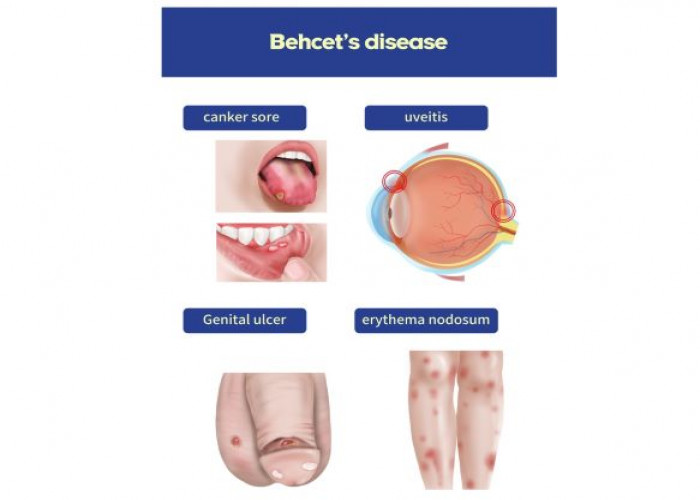 Welcome
Welcome
“May all be happy, may all be healed, may all be at peace and may no one ever suffer."
Behcet's disease

Behcet's disease is a rare, chronic inflammatory disorder that can affect multiple systems of the body. It is characterized by recurrent episodes of oral and genital ulcers, as well as other symptoms such as skin lesions, joint pain, and eye inflammation. The exact cause of Behcet's disease is unknown, but it is thought to be related to an abnormal immune response. There is no cure for Behcet's disease, and treatment is focused on managing symptoms and preventing complications. Medications such as corticosteroids, immunosuppressants, and biologics may be used to manage symptoms and prevent flares. It is important to work closely with a healthcare professional to manage the condition and prevent potential complications.
Research Papers
Disease Signs and Symptoms
- Mouth sores
- Effect the digestive system, including abdominal pain, diarrhea and bleeding.
- Inflammation in the eye (uveitis) causes redness, pain and blurred vision, typically in both eyes.
- The sores are usually painful and can leave scars.
- Sores can occur on the scrotum or the vulva.
- Some people develop acne-like sores on their bodies.
- Headaches
- Swollen joint
- Eye pain or burning
- Swollen lump or skin nodules
- Inflammation in the brain and nervous system can cause headache, fever, disorientation, poor balance or stroke.
Disease Causes
Behcet's disease
Behcet's disease might be an autoimmune disorder, which means the body's immune system mistakenly attacks some of its own healthy cells. It's likely that genetic and environmental factors play a role.
The signs and symptoms of Behcet's disease are considered to be due to inflammation of the blood vessels (vasculitis). The condition can involve arteries and veins of all sizes, damaging them throughout the body.
Several genes have been found to be associated with the disease. Some researchers believe a virus or bacterium can trigger Behcet's disease in people who have certain genes that make them susceptible to Behcet's.
Disease Prevents
Disease Treatments
There's no cure for Behcet's disease. If you have a mild form, your doctor might suggest medications to control the pain and inflammation of flares. You might not need medication between flares.
For more-severe signs and symptoms, your doctor might prescribe medications to control the Behcet's disease throughout your body, in addition to medications for flares.
Treatments for individual signs and symptoms of Behcet's disease
Medications to control signs and symptoms you have during flares might include the following:
- Skin creams, gels and ointments. Topical corticosteroid medicines are applied directly to skin and genital sores to reduce inflammation and pain.
- Mouth rinses. Using special mouthwashes that contain corticosteroids and other agents might reduce the pain of mouth sores.
- Eyedrops. Eyedrops containing corticosteroids or other anti-inflammatory medicines can relieve pain and redness in your eyes if inflammation is mild.
Systemic treatments for Behcet's disease
If topical medications don't help, your doctor might recommend a drug called colchicine (Colcrys, Mitigare) for recurring oral and genital sores. Joint swelling also might improve with colchicine.
Severe cases of Behcet's disease require treatments to control damage from the disease between flares. If you have moderate to severe Behcet's disease, your doctor might prescribe:
- Corticosteroids to control inflammation. Corticosteroids, such as prednisone, are used reduce the inflammation caused by Behcet's disease. Doctors often prescribe them with another medication to suppress the activity of your immune system.
- Side effects of corticosteroids include weight gain, persistent heartburn, high blood pressure and bone thinning (osteoporosis).
- Medications that suppress your immune system. The inflammation associated with Behcet's disease can be reduced by drugs that prevent your immune system from attacking healthy tissues. These drugs may include azathioprine (Azasan, Imuran), cyclosporine (Gengraf, Neoral, Sandimmune) and cyclophosphamide. These drugs can increase your risk of infection. Other possible side effects include liver and kidney problems, low blood counts, and high blood pressure.
- Medications that alter your immune system's response. Interferon alfa-2b (Intron A) regulates the activity of your immune system to control inflammation. It may be used alone or with other drugs to help control skin sores, joint pain and eye inflammation in people with Behcet's disease. Side effects include flu-like signs and symptoms, such as muscle pain and fatigue.
- Medications that block a substance called tumor necrosis factor (TNF) are effective in treating some of the signs and symptoms of Behcet's, especially for people who have more-severe or resistant symptoms. Examples include infliximab (Remicade) and adalimumab (Humira). Side effects might include headache, skin rash and an increased risk of infections.
Disease Diagnoses
Disease Allopathic Generics
Disease Ayurvedic Generics
Disease Homeopathic Generics
Disease yoga
Behcet's disease and Learn More about Diseases
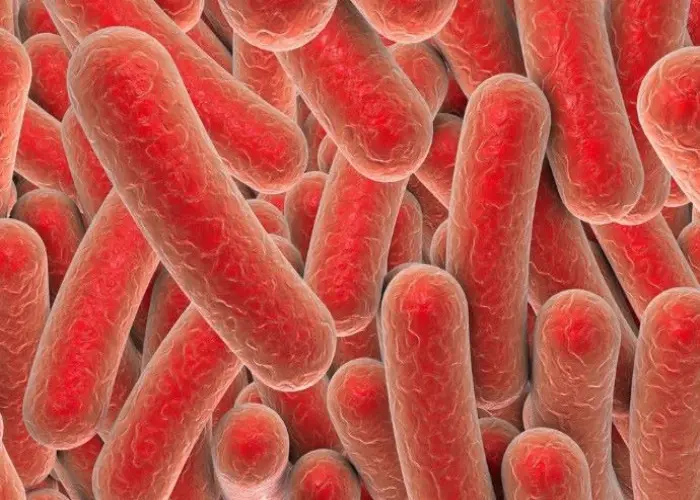
C. difficile infection
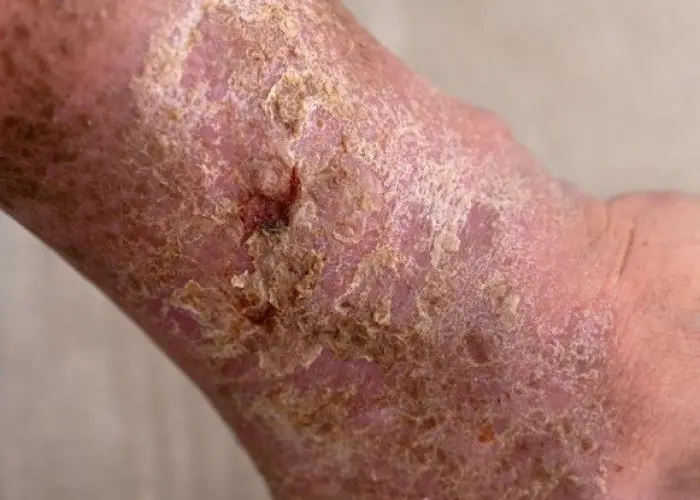
Gangrene
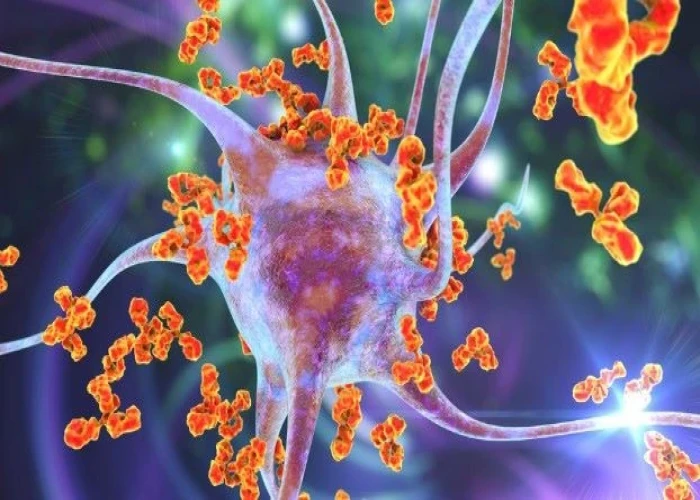
Paraneoplastic syndromes of the nervous system
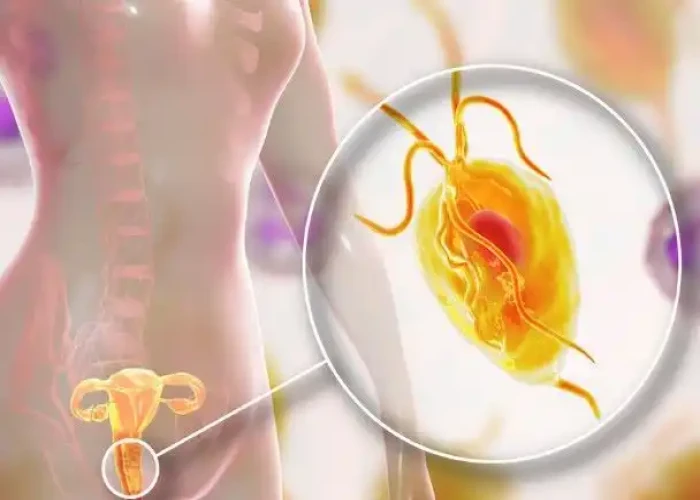
Trichomoniasis
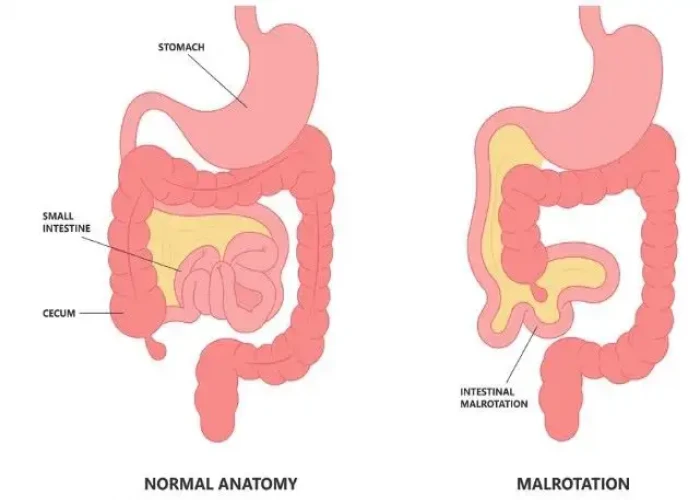
Short bowel syndrome

Primary lateral sclerosis (PLS)
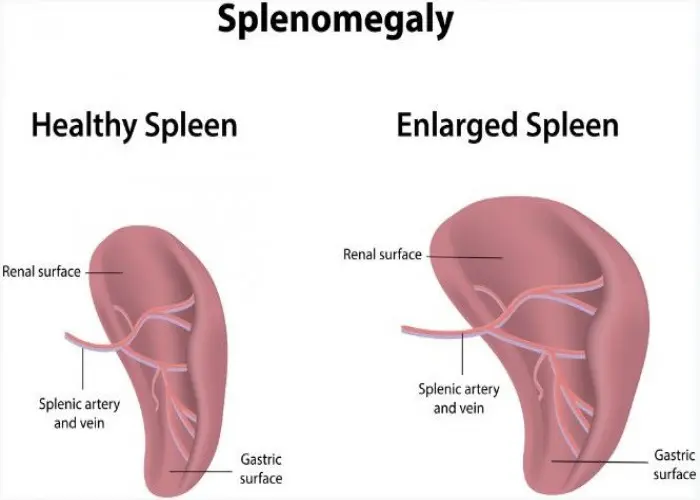
Enlarged spleen (splenomegaly)
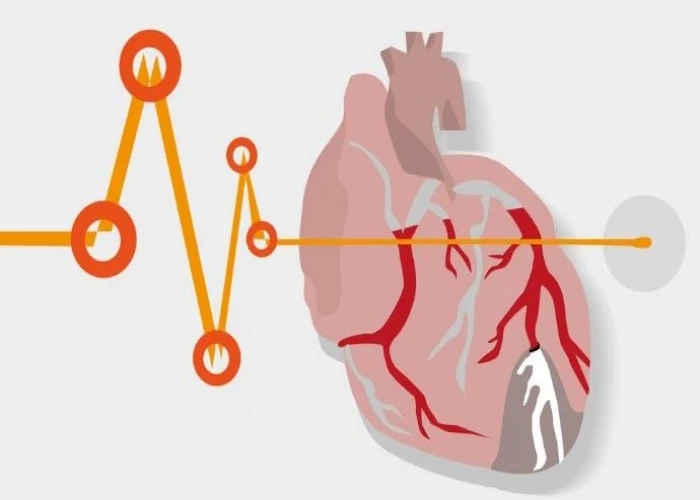
Myocardial ischemia
Behcet's disease, Behcet syndrome, বেচেটস রোগ
To be happy, beautiful, healthy, wealthy, hale and long-lived stay with DM3S.
